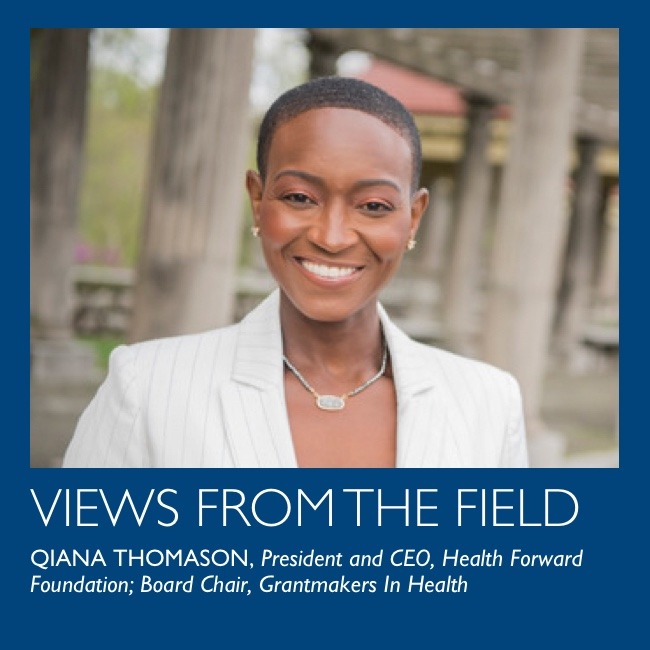Power to the People: Advancing Impact Through Participatory Budgeting
Who is best positioned to determine how health funding should be allocated? At the Community Health Commission of Missouri (CHCM), we believe the answer is clear: the people most affected by health disparities.
How Pew Is Learning to Improve Health Policy
Antibiotics revolutionized medical treatment and are a cornerstone of modern health care. However, the global rise of antibiotic-resistant bacteria is making infections costlier and deadlier. After a 2008 report commissioned by The Pew Charitable Trusts highlighted these concerns, the organization invested in multiple projects to set limits on the use of antibiotics and to spur the development of new drugs.
Nurse-Managed Health Centers
Safety-net providers are an essential source of health care for vulnerable populations, including the uninsured, the underinsured, and undocumented immigrants. Cuts in Medicaid funding further threaten this already fragile infrastructure. Policymakers, advocates, and foundations can all play a role in shoring up safety net providers.
Availability and Use of Local Health Data
Public education, advocacy, and community-based programs can be very powerful vehicles for improving health. There is growing recognition that such efforts are most effective when driven by specific information about communities.
Improving the Quality of Health Care for All Americans
Ensuring access to quality health care is one of the major goals of The Robert Wood Johnson Foundation (RWJF), as is improving the quality of health care for people with chronic conditions. Working toward this goal means that we must eliminate the unacceptable gaps in health care experienced by racial and ethnic minorities.
Designing the Public Health System for a Healthier U.S.
Philanthropic organizations and others involved in supporting public health have begun to focus on ways to improve an ailing system so that it protects the people it serves. This View from the Field spotlights the national Turning Point initiative.
Creating a Healthier Future for Children: Precaution Is Prevention
With chronic childhood diseases and an array of learning and developmental disabilities on the rise, a burgeoning body of science is illuminating links between environmental exposures and children’s health. Health funders interested in childhood development and lifelong health are increasingly moving upstream to support precautionary action as a critical prevention strategy.



